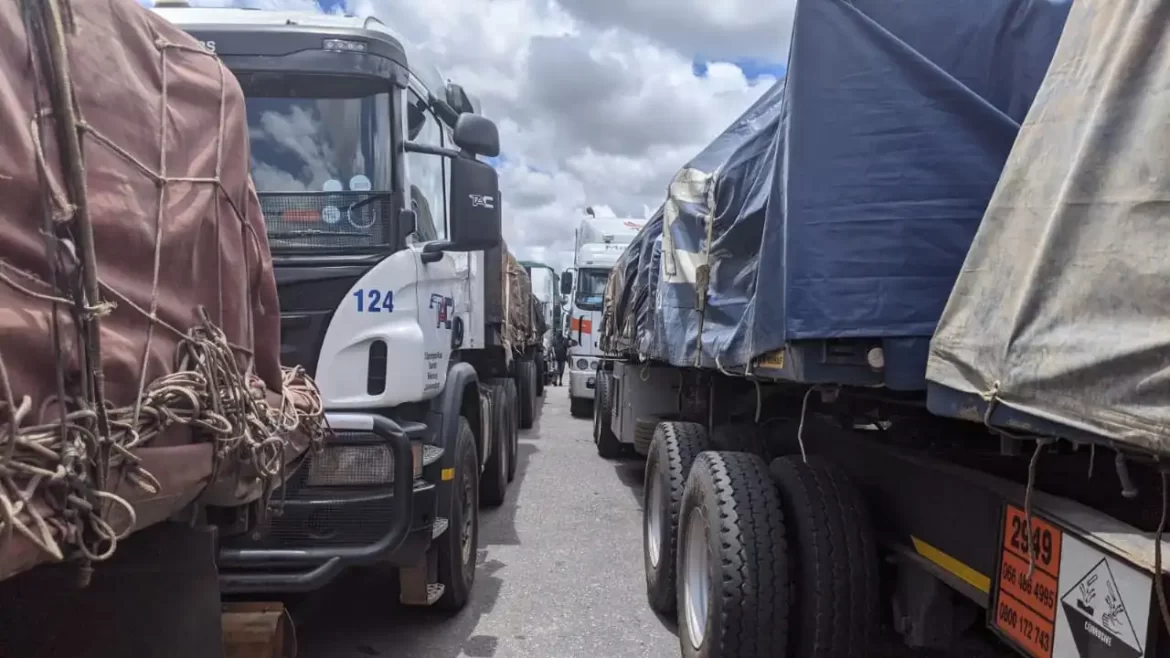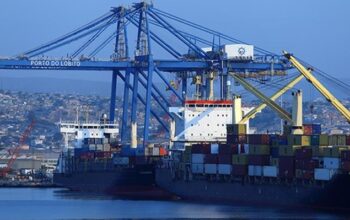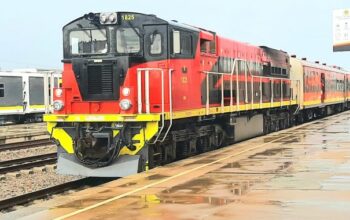Traffic at the Beitbridge Border Post between South Africa and Zimbabwe has slowed to a frustrating pace, reminiscent of the pre-overhaul congestion.
The border was redesigned by concessionaire Zimborders at a cost of $300 million, with the goal of streamlining cargo processing and reducing transit times.
Despite these efforts, the situation has deteriorated, with truckers now facing delays of 24 hours or more, particularly on northbound routes.
The $200 transit fee, introduced post-upgrade, was intended to be offset by a faster and more efficient cargo processing experience.
Ideally, trucks should clear Beitbridge in under three hours. However, according to Mike Fitzmaurice, a border consultant and CEO of the Federation of East and Southern African Road Transport Associations, the current reality is far from this ideal.
Fitzmaurice attributes the delays to the Zimbabwe Revenue Authority’s (Zimra) recent implementation of a 100% cargo scanning regime and the imposition of a fuel duty on tankers using Zimbabwe as a transit route to Zambia and the Democratic Republic of the Congo.
These measures, intended to combat fuel theft and smuggling, have inadvertently slowed trade, with devastating effects on the transport industry.
Operators who rely on the Beitbridge route have little choice but to endure the delays and pay the fees. One cross-border operator expressed frustration, stating, “I just have to pay and wait. There’s nothing else I can do.”
Fitzmaurice noted that tanker fleets from South Africa are already bypassing Zimbabwe due to the lengthy processing times and the delayed refund of the transit duty upon exiting Zimbabwe at Chirundu.
Meanwhile, tanker operators running between the Port of Beira and the Copperbelt have no viable alternative routes, exacerbating the impact of the delays.
A recent protest at the Forbes-Machipanda border crossing on the Beira Corridor saw truck drivers honking their horns in opposition to the fuel duty, underscoring the widespread dissatisfaction among operators.
Fitzmaurice suggested that relocating the drive-through scanner, currently positioned at the exit gate, could alleviate some of the congestion.
The scanner’s placement requires drivers to complete paperwork and wait in line before reaching the scanner, where any flagged load causes a ripple effect, delaying all subsequent vehicles.
A mobile scanner, used in an unused livestock shed away from the main queue, could significantly ease the bottleneck, he said.
However, Zimra’s investment in the $2.5 million drive-through scanner makes it unlikely they will spend an additional $1.5 million on a mobile unit.
The ongoing issues at Beitbridge highlight the challenges of balancing security measures with efficient trade, with many operators hoping for a resolution that will restore the border’s intended efficiency.




